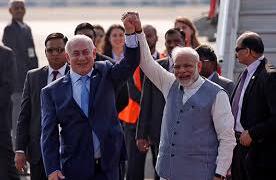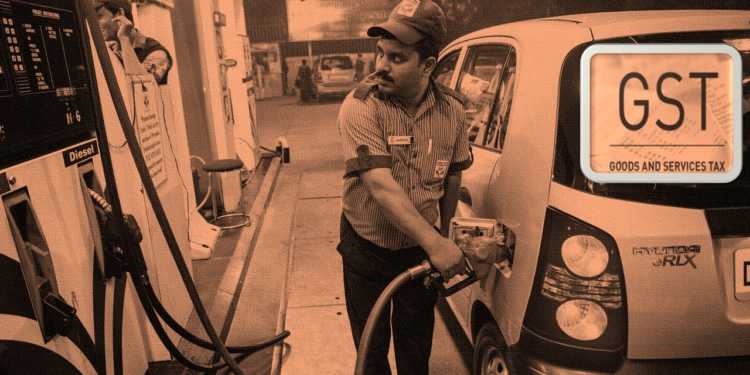Everyone seems to be discussing the recent increase in petrol and diesel prices; some are blaming the rise in crude oil prices in international markets as the reason behind this, while others are blaming high taxation by central and state governments. To be fair, all three factors are responsible for the price rise. Now the big question is how oil prices can be brought down in the domestic markets. Well, if the states agree on the central governments’ proposal to bring petroleum products under GST, then the prices of petrol and diesel could be brought down to a substantially lower rate. While most of the products were brought under the new indirect tax regime, petroleum products, Liquor and Electricity were kept outside as most of the states were not consenting to bringing these products under the GST. The reason behind the disagreement by the states is that most of their taxes come from these products, and the states are already losing some of their tax collections after GST.
In the present system central government imposes a fixed central excise duty on petrol and diesel, which is currently Rs 19.48 per liter of petrol and Rs 15.33 for diesel. The state government levies Ad valorem tax (“according to value”), which means that this tax changes with a change in oil prices. Whenever the price increases, the tax also increases, and vice versa. For example, if the price of oil is Rs. 100 and the tax on that is 20 percent then the consumer has to pay Rs. 20 as a tax, but when the price is Rs. 200 then the consumer has to pay Rs. 40. Different states have different tax rates on petroleum ranging 40 percent to 10 percent. Therefore the petrol which a dealer gets from oil marketing companies at the price of approximately 30 reaches to 80 in some cities while 60 in other cities, it varies according to tax imposed by states and local government. If the petrol is brought under GST the price of this in different cities will be as following (Assuming that price charged to dealers by oil marketing companies like Indian oil is 30 rupees).
Current price in different cities | Current Price (Approx) | Price after GST at 28 percent (Approx) | How much you save on per liter (Approx) |
Mumbai | 85 | 39 | 46 |
Delhi | 78 | 39 | 39 |
Bangalore | 79 | 39 | 40 |
Hyderabad | 82 | 39 | 43 |
Ahmadabad | 76 | 39 | 37 |
Chennai | 81 | 39 | 42 |
Kolkata | 80 | 39 | 41 |
Surat | 78 | 39 | 39 |
Pune | 85 | 39 | 46 |
Jaipur | 80 | 39 | 41 |
Bringing petroleum products under GST will reduce the burden of taxes on common man. Advocating for GST on these products Union Petroleum minister Dharmendra Pradhan said “The inclusion of petroleum products under GST will bring it into a rational tax mechanism.” Several Chief Ministers also came out in favour of this scheme amid calls for lower oil prices by people from various states. “Once petrol and diesel are brought under the ambit of GST, its threshold will change, because, right now, taxes upon taxes are levied which increases rates. GST will ensure a single tax,” said the Maharashtra chief minister Devendra Fadnavis.
Economists and policymakers are also in favor of bringing petrol and diesel under GST. Reputed economist and Chairman of the Economic Advisory Council to the Prime Minister (EAC-PM) Bibek Debroy, was asked in an interview whether he is in favor of bringing petrol and petroleum products under GST? He replied, “I am in favor of bringing everything under GST.” Industry associations like ASSOCHAM are also looking for further inclusion under GST as a long term solution to high prices. Its Secretary General DS Rawat said “While a cut in excise duty on petrol and diesel may provide temporary relief to consumers, the sustainable solution lies in the automobile fuel coming under Goods and Services Tax, which can happen only after the Centre and states together reduce their dependence on the fuel considerably.”

























